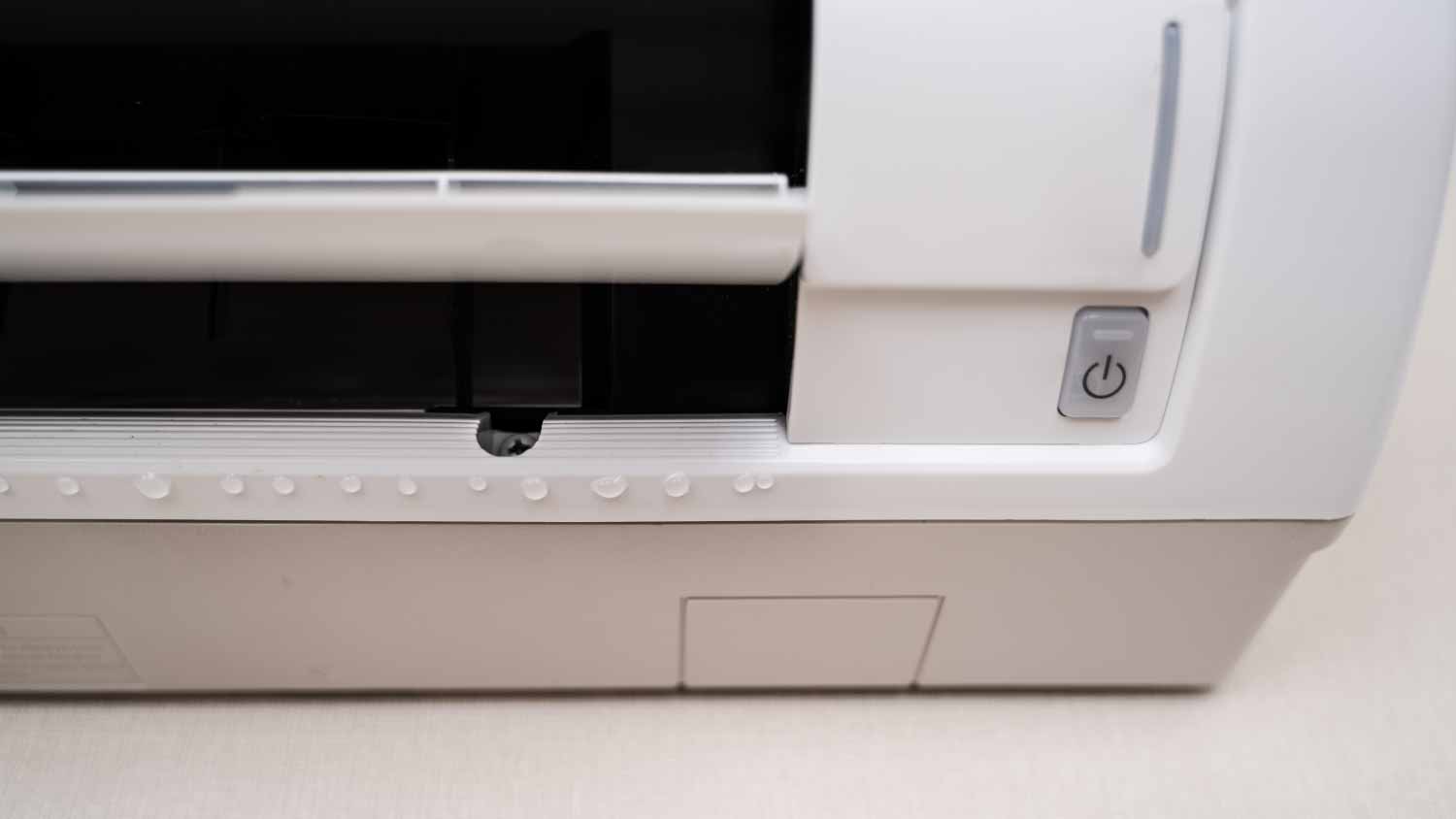
A blower door test can identify air leaks in your home and help boost energy efficiency. Use this blower door test cost guide to see what your test will total.
Something’s amiss if you see a puddle near your AC unit


Central air conditioners don’t use water.
Puddles around an AC unit are often caused by condensation.
A leak around your AC unit could be a sign it needs maintenance or repair.
In the heat of the summer, you may have noticed a puddle of water near your air conditioner. But do air conditioners use water? Central air conditioning systems aren’t hooked up to a water line and do not use water to operate. That puddle could be caused by condensation, a refrigerant leak, or something else. Learn more about how your air conditioner functions, common reasons for puddles near your unit, and when it’s time to call a pro to service your air conditioner.
Air conditioning is part of your home’s heating, ventilation, and air conditioning system (commonly referred to as an HVAC system). AC units remove heat from the air inside your home and pump it outside.
Central AC units don’t use water but instead use a liquid called refrigerant which helps cool the air inside and transfer heat outside.
Here’s the air conditioning process:
Warm indoor air is drawn in from the air ducts and blows over the cold evaporator coils full of refrigerant. The refrigerant absorbs heat from the air; this cools the air inside your home and turns the refrigerant from a liquid to a gas.
The refrigerant travels to the compressor and then the condenser, both located outside your home. During this process, the refrigerant releases the heat it absorbed inside your home. The heat is absorbed by the outdoor air, and the temperature of the refrigerant goes down until it returns to a liquid state.
The liquid refrigerant travels back to the evaporator inside your home, and the cycle continues.

Air conditioners may not use water, but you may notice a puddle of water near your unit from time to time. Here are the most common explanations why your AC has a puddle nearby:
By removing heat from the air inside your home, your AC unit also removes humidity in the air. As the hot air passes through the AC’s coils, some condensation may be left behind. Units have a drain pan to collect this condensation, but if the pan isn’t correctly aligned or humidity levels are particularly high in your home, you may notice a small puddle of water near your AC.
If your air conditioner has a dirty filter or has issues with the fan, this could cause the evaporator coils to freeze. As the ice melts, it can lead to water leaking from your unit. A refrigerant leak can also cause this issue.
If your air conditioner was incorrectly installed and components aren’t lining up right, the unit may not be able to effectively cool the air or drain condensation, leading to leaks and puddles.
As air conditioners age, parts and components may wear out, leading to small leaks around the unit. An older system may have degraded seals or a clogged condensate line. If your unit is 20 years old or more, thoroughly check on each part to see if old, corroded materials are causing the puddle.
Some air conditioning problems are simple enough to fix on your own, such as changing a dirty filter or cleaning condenser coils. However, more serious issues such as ice in the unit or a faulty blower motor means it’s time to call an air conditioning pro near you to handle the issue.
To prevent future problems and prolong your AC unit’s life, do regular maintenance for your air conditioner, such as cleaning coils and the condensate pump and clearing away debris. But if you’d prefer to have an expert eye on your unit, schedule a yearly maintenance checkup from a pro to stay on top of it. Most air conditioning units should last between 10 and 20 years with regular maintenance.
From average costs to expert advice, get all the answers you need to get your job done.

A blower door test can identify air leaks in your home and help boost energy efficiency. Use this blower door test cost guide to see what your test will total.

Furnace cleaning is an essential annual chore to keep your home safe. Find out common furnace cleaning costs by type and size of furnace with this guide.

Heating and cooling system on the fritz? Discover the factors that go into HVAC repair costs and how you can save money on this crucial home update.

Your return air vent is responsible for removing warmer air, so testing it ensures you keep your environment comfortable and there are no HVAC problems.

Is your baseboard heater not working? Here are some common issues and expert solutions for getting your heater back on track. Here’s how to troubleshoot it.

A HEPA filter can help clear airborne particles that plague your home, such as dust and pollen, making the air cleaner and easier to breathe.